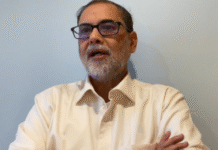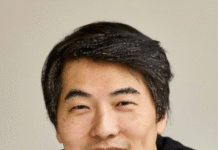New Delhi— A global team of researchers has developed a groundbreaking artificial intelligence (AI) method to securely analyze cancer samples from around the world, marking a significant step toward more personalized and privacy-conscious cancer care.
The new approach allows clinicians to better match treatments to individual patients by analyzing protein profiles—known as proteomes—from a massive dataset of 7,525 cancer samples. The samples were gathered by 30 research teams across six countries: Australia, the U.S., Canada, Spain, Greece, and Austria, according to Xinhua news agency.
Led by Australia’s Children’s Medical Research Institute (CMRI), the study addressed long-standing challenges posed by strict privacy laws and inconsistent lab methods, which have traditionally limited global collaboration in cancer research.
To overcome these barriers, the team employed federated deep learning, an AI technique that trains models locally at each site. Instead of sharing raw patient data, only the learned insights were sent to a central server. This allowed for the creation of a highly accurate diagnostic tool without compromising patient privacy.
“It was a very exciting moment when we realized that results from data with restricted access were just as accurate as those from data stored in one central location,” said Professor Roger Reddel, CMRI Director and Head of the Cancer Research Unit, and senior author of the study published in Cancer Discovery.
The AI system was also able to harmonize proteomic data collected through different technologies, further enhancing diagnostic accuracy.
The research is part of CMRI’s ProCan programme, which aims to use proteomics to help clinicians tailor cancer treatment. Reddel emphasized that the success of this AI-driven approach brings the field closer to realizing the full potential of precision oncology.
“By overcoming major barriers to assembling and analyzing large-scale proteomic data, we’ve taken a major step toward developing diagnostic tools that will help doctors choose the best treatment for each cancer patient,” he said. (Source: IANS)








